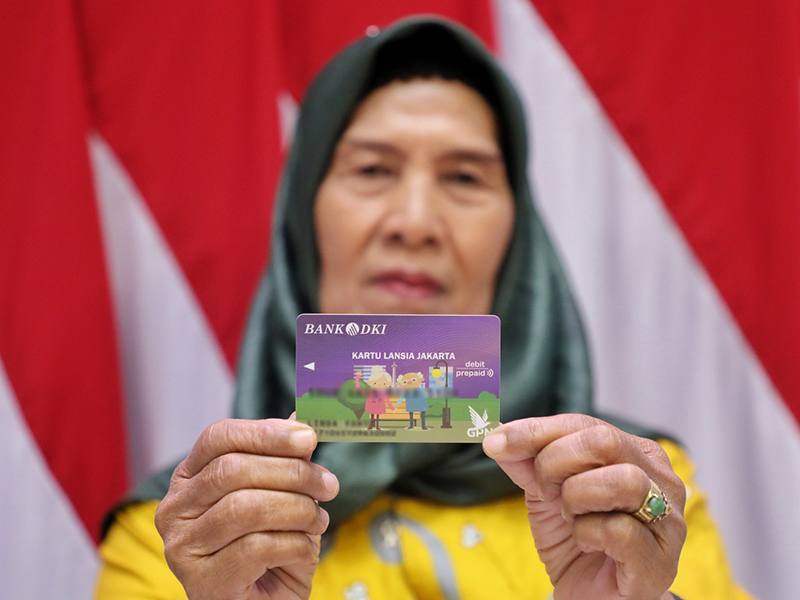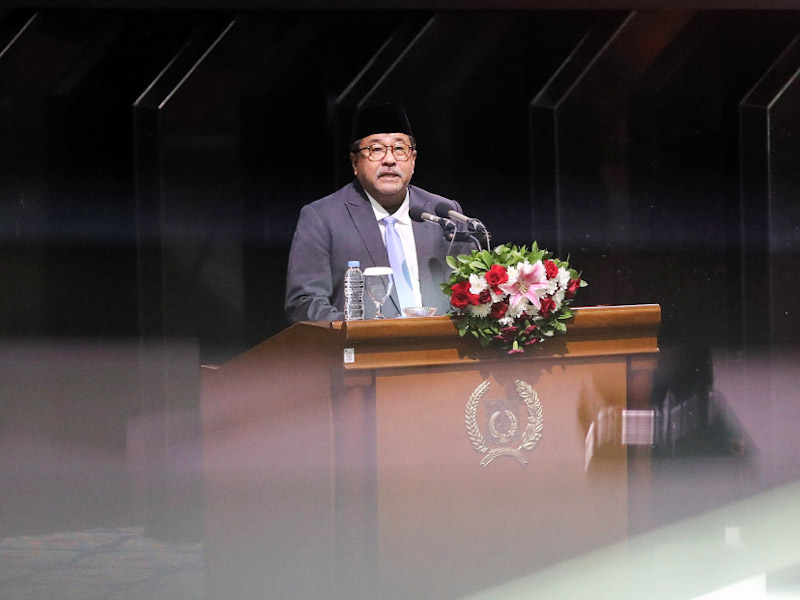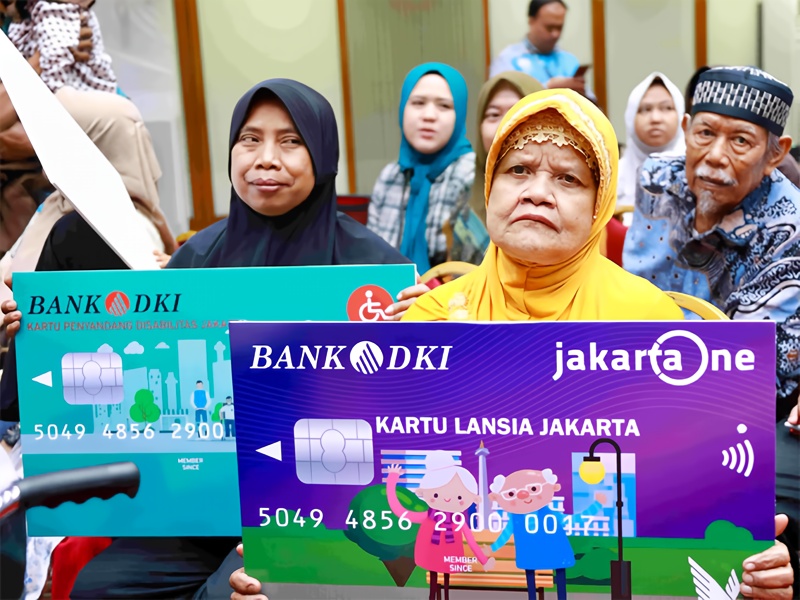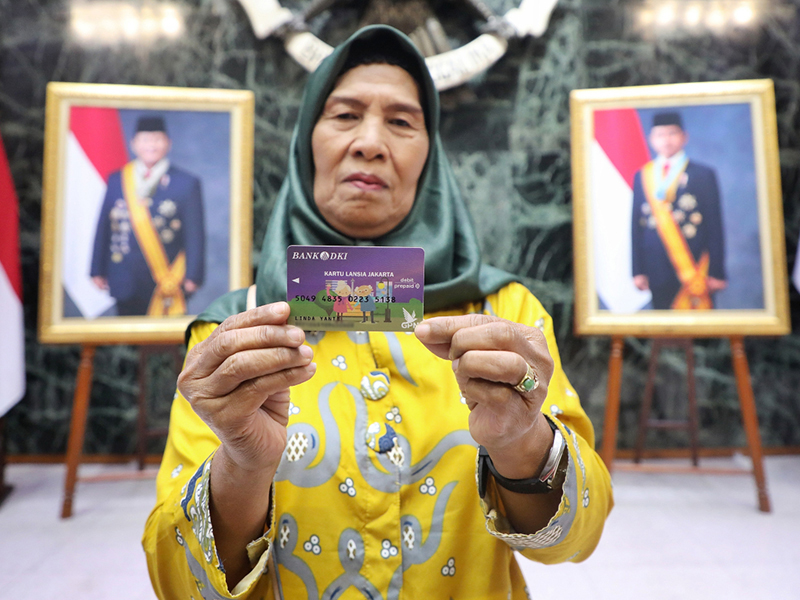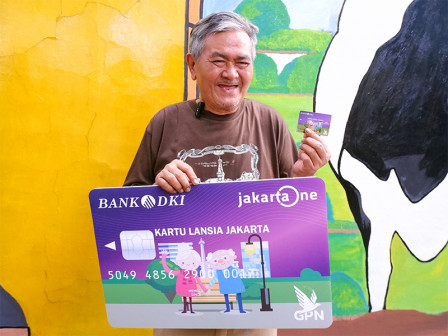KLJ, KPDJ, and KAJ Funds Disbursed for June 2025
Reported by Aldi Geri Lumban Tobing | Translated by Maria Inggita
Jakarta Social Agency has allocated a total of 142, 201 beneficiaries for the Basic Needs Social Assistance (PKD) Program in 2025.
"We want to ensure that this social aid truly reaches the right targets,"
The program includes three assistance schemes, namely Jakarta Elderly Card (KLJ), Jakarta Disability Card (KPDJ), and Jakarta Child Card (KAJ).
For the June 2025 period, disbursement starts on June 25 with a total of 115,662 beneficiaries for KLJ; 14,134 beneficiaries for KPDJ; and 12,405 beneficiaries for KAJ.
City Starts to Disburse KLJ, KPDJ and KAJ Social Assistance for May 2025Jakarta Social Agency Head, Iqbal Akbarudin, stated that the assistance is distributed based on verified data and a strict verification and validation mechanism.
He explained that all prospective PKD beneficieries data is cross-referenced from various sources, such as DTKS, population data, motor vehicle ownership, tax data, and social institution residents.
"We want to ensure that this social aid truly reaches the right targets," he asserted, Thursday (6/26).
Iqbal explained that beneficiary data is sourced from DTKS established in seven periods, from February 2022 to January 2025, with an aid amount of Rp300,000 per month.
He revealed that the Social Agency also collaborates with various institutions and uses digital technology in the evaluation process to improve its accurracy.
"We conduct evaluations by matching data with Bapenda, asset ownership and participation in other programs, such as PKH and BPNT," he added.
For information, the Social Agency through Social Welfare Data and Information Center conducts a comprehensive evaluation of beneficiary data to ensure that the distribution of PKD fund is well-targeted and received by those truly in need.
This evaluation process includes cross-checking data from various sources, such as the Social Welfare Information System Next Generation (SIKS-NG) from Ministry of Social Affairs, and the results of Urban Village Meeting (Muskel) in June 2022, which identified ineligible recipients within the Integrated Socail Welfare Data (DTKS).
Verification is also carried out using the Population Web Service from Ministry of Home Affairs, as well as data from Regional Revenue Agency (Bapenda) to assess asset ownership, including property with a taxable value (NJOP) above RP1 billion and private vehicle ownership.
Social institution residents, as well as recipients of other national assistance programs, such as Keluarga Harapan Program (PKH) and Non-Cash Food Assistance (BPNT) are also considered in the selection process.
The evaluation is also added region-specific variables, such as status as civil servants, military, or police personnel (ASN/TNI/POLRI), unfulfilled poverty indicators, and the use of branded 18-liter bottled drinking water.
Iqbal added, all these efforts reflect the Jakarta Government's commitment to maintaining integrity and fairness in the distribution of PKD assistance.
"Through these measures, the Jakarta Government hopes the PKD program can serve as a concrete solution to improve the welfare of vulnerable groups. Social assistance is not just aid, but it is a presence of the state in the lives of those in need," he emphasized.

